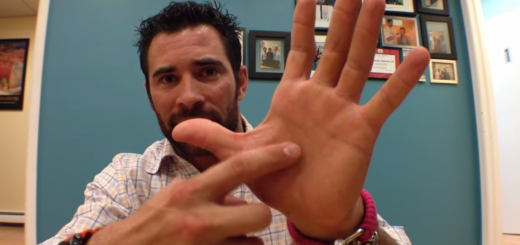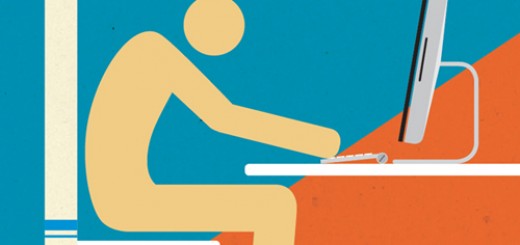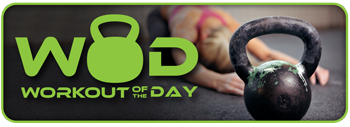Breast Augmentation and the Athlete
For anyone considering augmentation, it is worth while reading this article.
One of the most popular articles I ever wrote for a website was for my own blog and was about breast augmentation. I wrote about my experience of choosing the surgery and, in particular, my perspective on it as an athlete. A year and a half since that article I still receive emails on a weekly basis.
Breast Augmentation and the Athlete
I know for a fact a lot of women out there – runners, kettlebell enthusiasts, CrossFitters, and others – are contemplating this surgery. I’ve even heard a certain exercise group referred to as a cult of “boob shrinkers,” so I know the phenomenon of losing body fat in less than ideal places was not unique to my personal fitness journey. And I know these women contemplating the surgery have questions – questions unique to athletic women.
Rather than imagine those women might happen upon my obscure little blog, I am sharing and updating my experience here again on Breaking Muscle. In particular I am going to address the two most common things I end up discussing with women – choosing a doctor and navigating recovery.

Choosing a Doctor
The biggest thing for an athletic woman to consider when choosing a doctor is her doctor’s feelings on exercise. There is a surprisingly huge range of opinions in the medical field when it comes to exercise post-surgery. It’s strangely similar to how doctors treat exercise and pregnancy, and for the same underlying reason – liability. Your doctor doesn’t want to be responsible for anything you might have go wrong, so the advice you get will be overly, and possibly unnecessarily, precautionary.
In particular there is a condition after breast augmentation that sometimes occurs, called “capsular contracture.” This is something all women are warned about before surgery and is essentially a condition where the scar tissue hardens around the implant. While, according to my doctor, there has been no proven link between exercise and the occurrence of capsular contracture, doctors don’t want to create any sort of connection between it and their advice on exercise either. In fact, in my searches I could find no studies that stated the cause of capsular contracture at all, rather they all stated the cause was unknown and most likely “multi-factorial.”
That being said – I am not a doctor and my opinion is not fact. I don’t know your situation and you should get good medical advice and not just listen to strangers, BUT you should also ask yourself and your doctor some pointed questions before you make decisions.
First and foremost, find a doctor who understands fitness is important to you. Don’t go to a doctor who told you in your consultation you shouldn’t work out for three months after surgery. If a doctor says that, go somewhere else. If he/she tells you you’ll never do push-ups again, go somewhere else.
You might think I’m kidding, but these were things either said to me or to women who have since shared their stories with me.
Likewise, if a doctor does not ask you about your fitness routine and you have to prompt the discussion of how to remain active through your recovery, that should give you pause, as well. It is imperative you and your doctor be on the same wavelength about your goals and your lifestyle.
Quick Tips for Finding a Good Doctor
- Visit a variety of doctors – different offices have different energies and specialties.
- Get referrals from friends.
- Ask the doctor about his/her own fitness – my doctor ran and did yoga daily.
Training During Recovery
 The doctor I ended up choosing made only two requests of me:
The doctor I ended up choosing made only two requests of me:
- He reminded me I was recovering from surgery, which is a major trauma to the body, and asked me to take more rest than normal for a while.
- He asked me not to do any upper-body exercises for two weeks.
That was it. Other than that he told me – if it feels funny, don’t do it; if it feels okay, don’t worry about it. I was exercising within a week, running within two weeks, and back to normal weight lifting within a month.
One thing I learned the hard way during my recovery was the importance of hydration. The post-surgery steroids caused a week-long calf cramp in my right leg that might have been alleviated had I been more tuned in to my extra need for water during that time period.
Again, this was MY experience. Don’t take my advice just because I said it, but do have a independent mind about your recovery and explore what feels comfortable in your healing process.
The Take-Away
Breast augmentation surgery is no different than any other “injury.” If you injured your hand, or foot, or elbow, you would find ways to swap out exercises and keep yourself moving that felt right to you. Depending on the incision site some exercises may be quicker to get back to than others, but rather than being a hindrance to your recovery, being in good health is more likely to have you recover quicker. I am quite sure I would not have healed as well and as quickly were I not as active before AND after surgery.
The best advice I can give you is to take your time. Find the right doctor, the right clinic, and everything else that lines up with your vision of yourself post-surgery. It’s worth it to take the time and achieve that vision.
Original Article by: Becca Borawski Jenkins at BreakingMuscle.com





